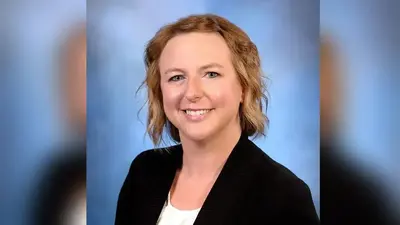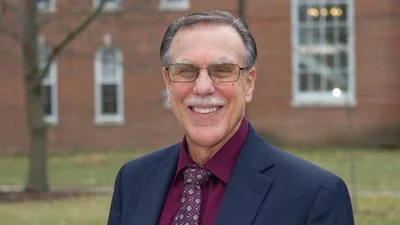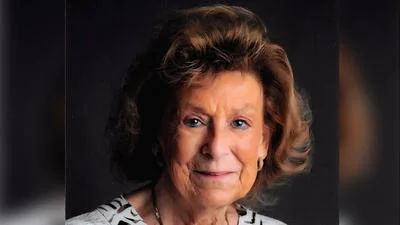Taylorville Memorial Hospital issued the following announcement on June 12.
Cutting-edge data science that guided Memorial Health System’s response to the COVID-19 pandemic this year will serve patients well if cases rise in coming weeks and months, a Memorial official says.
“The pandemic has forced innovation in a way that made things move faster as far as improving and innovating on many fronts,” said Lance Millburg, system director of decision sciences. “We have a much better surveillance system to monitor cases because this is already built. We can continue to watch this.”
A custom, automated network allowed officials at the five-hospital system to constantly track positive COVID-19 cases and hospital bed capacity, ensure timely test results and detect emerging “hot spots” in central Illinois communities.
Beginning in mid-March, a team of Memorial data scientists and data engineers joined Memorial managers in working 60- and 70-hour weeks to write thousands of lines of computer code that extracted real-time local, state and national data on COVID-19 cases. The information was used for internal analysis and at system leaders’ COVID-19 command-center meetings, which until recently took place seven days a week.
“If this hadn’t been in place, there would have been a lot more resources dedicated to manually count and track,” Millburg said. “Those resources were no longer tasked with that. They were tasked with taking care of patients.”
The decision-sciences team automated data collection on the use of personal protective equipment throughout the system, including at the system’s five hospitals — Memorial Medical Center in Springfield, Decatur Memorial Hospital in Decatur, Passavant Area Hospital in Jacksonville, Abraham Lincoln Memorial Hospital in Lincoln and Taylorville Memorial Hospital in Taylorville.
As a result, the organization was able to precisely compute “burn rates” for PPE — knowledge that was critical because of the increased need and diminished supply. PPE supplies remained adequate during the height of the pandemic locally.
Memorial also was able to monitor processing times for COVID-19 tests and reroute test samples to various lab processing partners based on where the fastest turnarounds were available, Millburg said.
Real-time tracking of bed capacity informed the system’s decision to designate its two largest hospitals — 500-bed Memorial Medical Center and 300-bed Decatur Memorial — as the sites where the sickest COVID-19 patients should be taken if a surge in cases takes place, he said.
The health system has begun to use geospatial mapping tools that could help it work with local public health officials to intervene in certain neighborhoods and communities if case counts climb later this year, Millburg said.
Fewer than a half-dozen COVID-19 patients are being treated at Memorial Health System hospitals now as restrictions in the health system and the rest of society are eased. The pandemic has seen more than 70 COVID-19-positive patients discharged and 33 patient deaths at Memorial hospitals.
Data-related innovations fueled by the pandemic could give the system better surveillance of other communicable diseases such as influenza and strep throat, and help the system prepare if there’s a surge of COVID-19 cases in the fall, Millburg said.
The innovations adopted by Memorial Health System amount to a “new frontier” for organizations that serve patients and communities outside the nation’s major cities, he said.
“There’s an opportunity for midsize and smaller institutions to do this work and do it in a cost-effective way,” Millburg said. “It was a very valuable tool for us.”
Original source can be found here.





 Alerts Sign-up
Alerts Sign-up